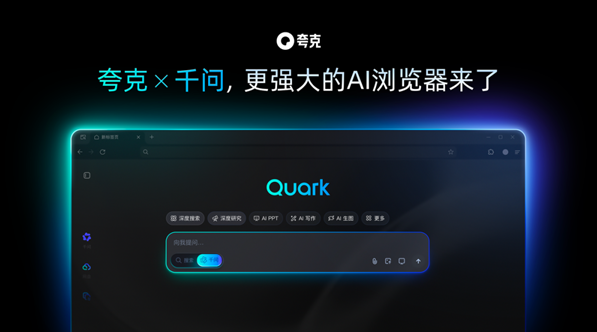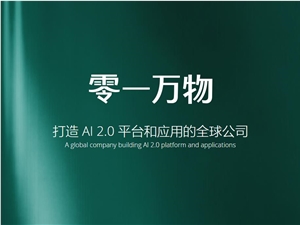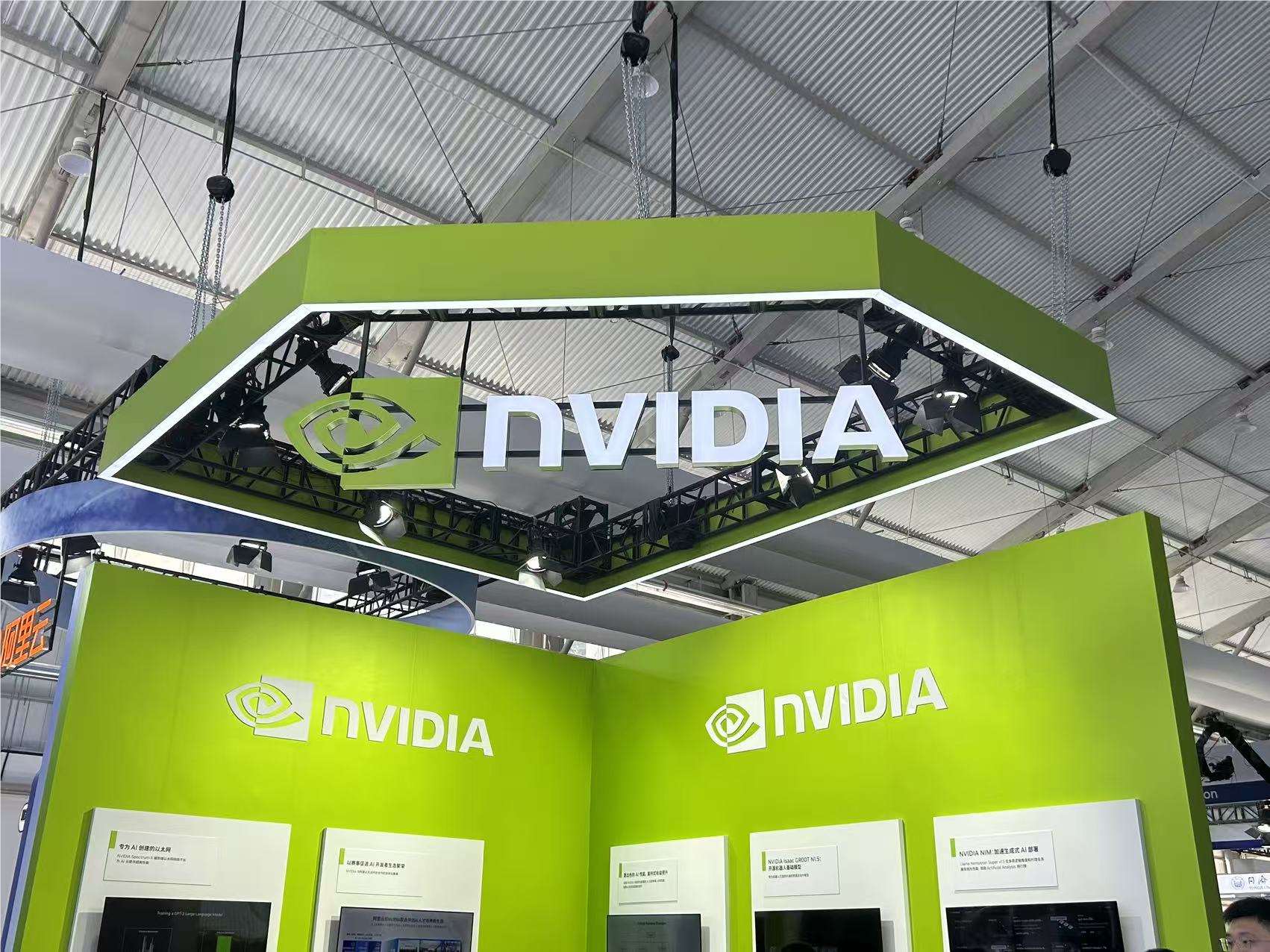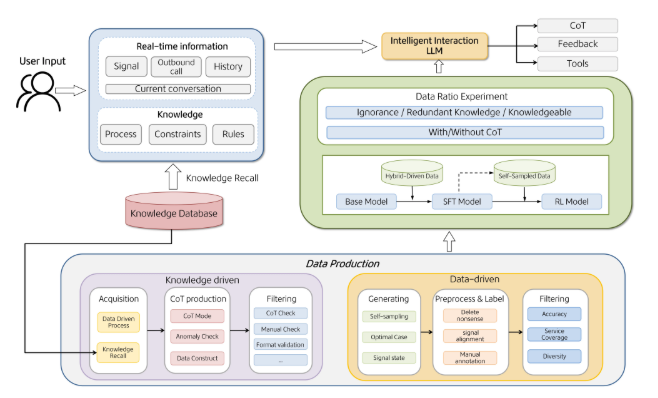Recently, Cisco released its fiscal year 2025 fourth-quarter and annual financial results, showing strong performance growth. According to the report, AI infrastructure orders from hyperscale customers exceeded $800 million, making the total revenue for fiscal year 2025 exceed $2 billion, far surpassing the previous target of $1 billion. Cisco's CEO, Chuck Robbins, stated that this achievement proves the strength and relevance of the company's technology in various backend applications.

Although Cisco's performance in the AI field is remarkable, compared to industry giants such as Microsoft, Amazon AWS, and Google, Cisco still holds only a small portion of the market share. It is reported that these three companies are expected to invest nearly $30 billion in data center construction within the next year, and Google alone spent $1.4 billion on servers in the last quarter. In comparison, the $2 billion in revenue Cisco received from hyperscale customers in a year still seems insignificant.
Cisco's fourth-quarter revenue was $1.47 billion, an 8% increase year-over-year. Net income grew by 31%, reaching $2.8 billion. Annual total revenue reached $5.67 billion, with the newly added $1 billion in AI sales accounting for about one-third of the $2.9 billion growth. Although net income only increased by 1% to $1.05 billion, Robbins remains confident about the future. He mentioned that Cisco has reached two deals worth over $1 billion with hyperscale customers, involving networking, security, collaboration, and observability products, and customers have shown great interest in Cisco's new Catalyst9000 switches.
Robbins believes that enterprise adoption of AI will lag behind the use by hyperscale customers, so more organizations will modernize their networks in the coming years. The popularity of AI will continue to drive growth in Cisco's core local network business. In the fourth quarter, Cisco's orders achieved double-digit growth for four consecutive quarters.
Robbins mentioned that many customers are conducting pilot projects for AI applications, especially in retail environments. He expects AI applications to gradually increase in the second half of the year and require stronger network connections and low latency capabilities. Cisco hopes to take this opportunity to further expand its market share.
In addition, Robbins responded to the potential impact of the new U.S. tariff policy, stating that there has been no case of customers placing orders early due to tariff issues in the past six months. Cisco's CFO, Mark Patterson, also added that other indicators show the tariff threat has not changed customer purchasing behavior.
Cisco expects its revenue for fiscal year 2026 to be between $5.9 billion and $6 billion, representing a growth of 4% to 5.8%. Although the stock price slightly declined in after-hours trading, investors remain optimistic about Cisco's performance.
Key Points:
✨ Cisco's AI infrastructure orders exceeded $2 billion in fiscal year 2025, twice the expected target.
🚀 The company's fourth-quarter revenue was $1.47 billion, an 8% year-over-year increase, with a 31% increase in net income.
📈 It is expected that in the coming years, enterprises will adopt AI technologies more widely, driving continuous growth in Cisco's network business.










